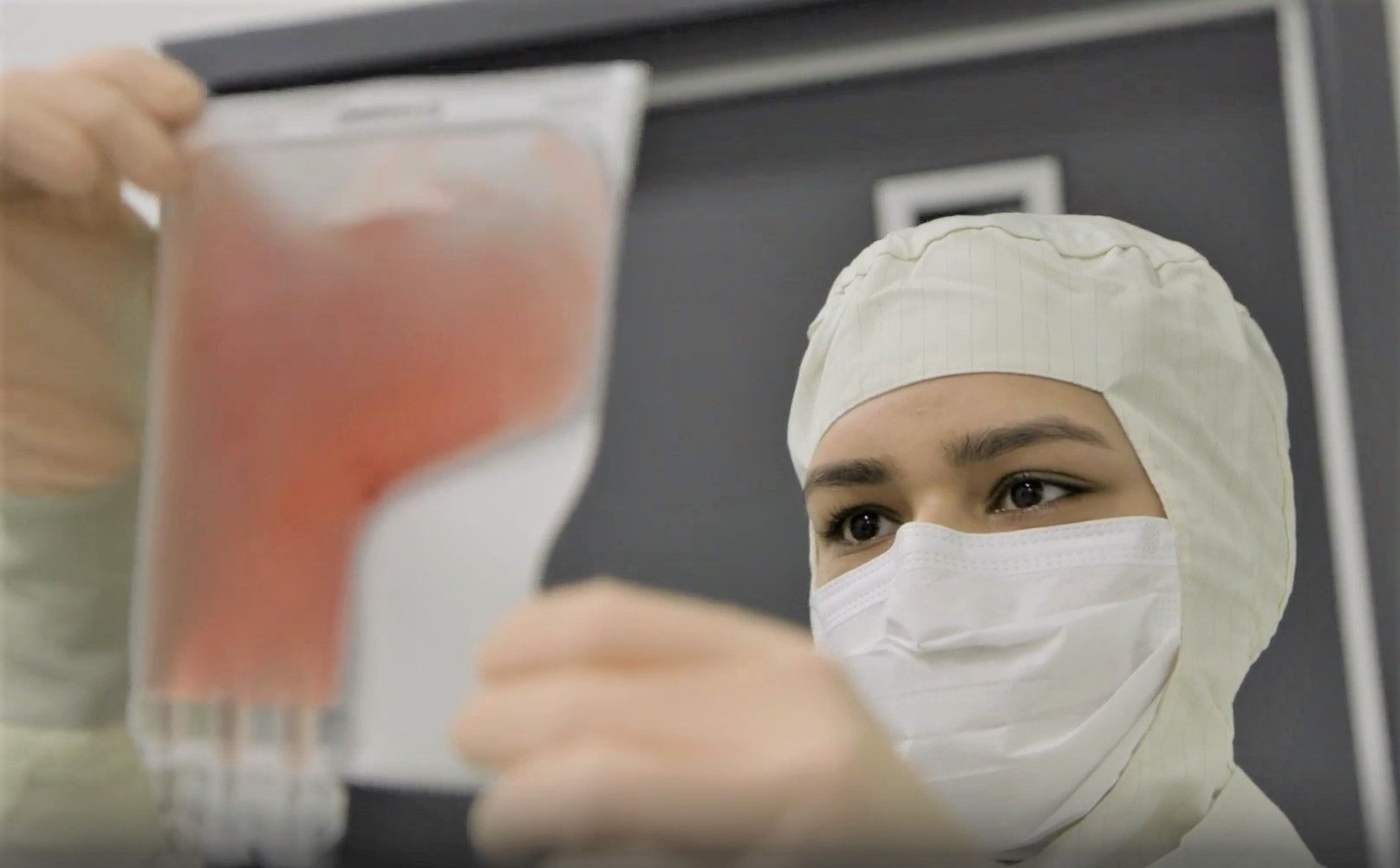News release
From:
Researchers discover new way to fight solid cancers
Researchers at Peter Mac have overcome a major barrier that could see a revolutionary immunotherapy treatment becoming successful on patients with solid cancer types.
Published in the coveted Nature journal today, Professor Phil Darcy, Associate Professor Paul Beavis and Dr Junyun Lai’s work focuses on finding a way for Chimeric Antigen Receptor (CAR) T-cell therapy to successfully treat solid tumours, which account for 90 per cent of all cancers.
CAR T-cell therapy is a type of cancer treatment that genetically modifies your own immune T-cells to recognise and fight cancer. This treatment has been successful in some blood cancers but is less effective in solid cancers for several reasons, including poor cell persistence and functionality in a hostile tumour environment.
The latest research, using ovarian, breast and colon cancer models, has identified a gene that can be stimulated to make the cells younger, fitter, more dynamic and effective in fighting solid tumours.
“Our research identified a gene called FOXO1 that can be stimulated to enhance CAR T-cell polyfunctionality, metabolic fitness and efficacy against solid tumours,” Professor Darcy said.
“Essentially, it means the new T-cells can use multiple techniques to kill and destroy the cancer cells, are more effective in killing those cells and last longer in the body in a ‘memory state’.
“Cancer cells are very effective at launching new attacks on T-cells to ensure their survival, but our research has shown these cells with increased FOXO1 protein expression are able to fight off the cancer better.”
Cancer cells often find ways to evade the immune system. When this happens, the immune system needs to be ‘re-trained’ to recognise and attack cancer cells. This new research presents a unique approach to CAR T-cell therapy with promising results.
“No other study has looked at using factors to enhance the metabolic fitness of CAR T-cells,” Associate Professor Beavis said.
“We’re excited by these results and believe it’s a promising strategy for the treatment of solid cancers.”
This Peter Mac research was conducted by lead authors Dr Jack Chan, Dr Christina Scheffler and Dr Isabelle Munoz.



 Australia; VIC
Australia; VIC


